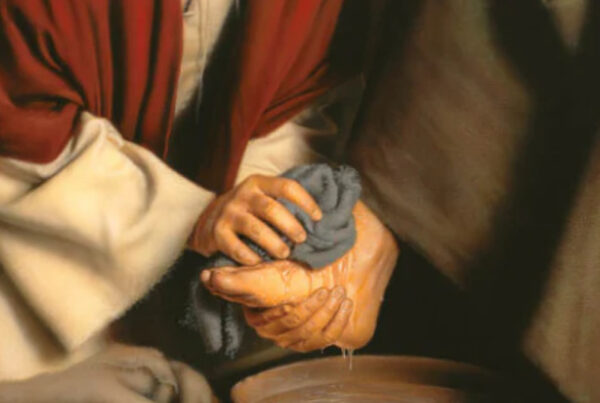Day 7: Chapter 7
The drama plays itself out here, with another feast. Haman, the king and Esther are all present. There are many banquets in the story, this being the most important. When she was preparing to be Queen, Esther had “special portions”; now, she was feasting!
Notice the way in which Esther and the king speak to one another. Esther, who was probably chosen against her will to marry the king, and is the wife of a man who could be the cause of the destruction of her people, is very respectful and deferential to the king. What can we learn from that? Esther, chosen for such a time as this, probably wanted to act quite differently, but she did just as Mordecai had told her, and suppressed her own desires for the good of her people.
You’ll notice that she doesn’t “fink” on Haman outright, but waits for the King to ask who the culprit is. Haman then convicts himself, as it were, because he becomes so desperate that he stays with Esther and the rest of the harem. This act would have been totally unacceptable. Esther would have been reclining on the couch, as custom would require, and his bowing before her made it look like he was trying to attack her.
There is irony in Haman’s falling before Esther, the Jewess, while he berated Mordecai, the Jew for NOT bowing down before him. Esther accepted, with grace, her role as savior of the Jews, saving the nation from destruction. Jesus didn’t want to die on the cross (“take this cup from me”) but died for us anyway, saving us from destruction.
Key Verse:
“They hanged Haman on the gallows he had prepared for Mordecai.” ~ Esther 7:10
Questions to ponder:
- Was Esther exaggerating when she described the fate of the Jews?
- How did you feel when you read that Haman was going to be killed? Have you ever felt that way about a punishment someone at work, in the public or in your family received? What’s the difference?
- Esther accepted that she had to be respectful of the king. Is there someone in your life that you dislike but need to be respectful toward?



